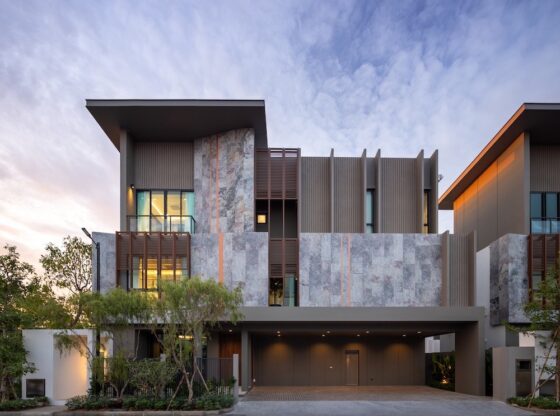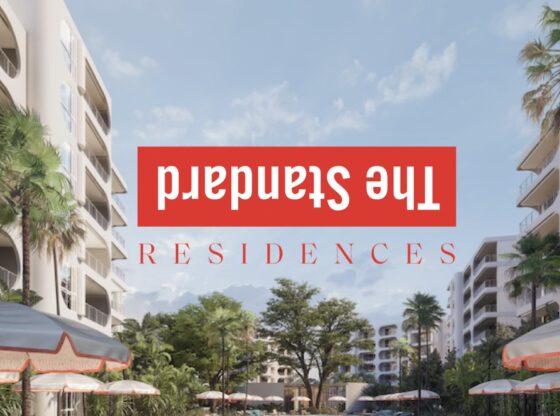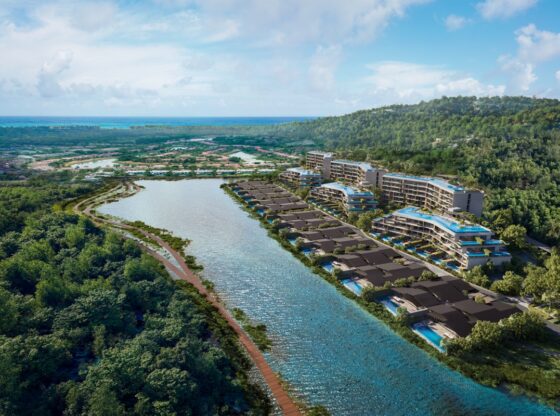![]()
Is it the best of times, or the worst of times to invest in the English capital?
It seems appropriate to quote the famous opening line of Dickens’ A Tale of Two Cities when considering the pros and cons of a non-Brit (Bangkok-based Thai perhaps) buying a property in the UK.
Now may be the “best of times” to carry out a purchase, but a few short months hence that decision may appear either inspired or impetuous, the “worst of times”.
Why?
Well, I hate mentioning the contrived word again, but a lot of permutations will surround Brexit – Britain’s exit from the European Union.
If you are a Thai with aspirations to own in Britain, and you believe the UK will be able to extricate itself from the union without totally shooting itself in the foot, then now may be the best time to buy.
Brexit clarity is something that the money markets seek and, if there is that clarity, I think we can expect to see the Pound:Baht exchange rate to alter more than a tad. In other words, based on a good Brexit, if you are a Thai national, you look likely to get fewer pounds for your baht.
Perhaps it would be wise to underline that with a hypothetical example. For easy maths, let’s say you are interested in a house valued in the UK at £1million. Currently, it will set you back about Bt43m to buy that property. If the pound strengthens against the baht on the back of a solid Brexit to, say, a rate of 1:50 (as it was a few years back) that same property could cost you Bt50m.

I apologise if the above paragraph sounds like I’m trying to say the obvious, but I think it is worth pointing out how big a swing might happen. Yes, I have deliberately played with the figures to give emphasis.
I’m not saying that’s what will happen. It might be that the UK Government makes a total dog’s dinner of the exit (as I write, that looks a distinct possibility) and ends up with no deal when it leaves next March. In which case several commentators are concerned that the pound might sink even lower to, say, 1:40.
So, same property … good Brexit, maybe it will cost Bt50m; bad Brexit, maybe it’s Bt40m. That is one hell of a difference.
It could be a case of, as Clint Eastwood’s Dirty Harry character, might say: “Do you feel lucky? Well, do ya?”
It is the role of this magazine to try to explore the possibilities, not offer out-and-out advice. So, I’ll try to avoid pushing you in any particular direction.
But where would you put your money based on the above considerations?
Act now in anticipation of a good Brexit or hang on for a few months and wait for a no deal shambles and the dip in exchange rates which would probably result? That is the question.
Consider this, this year the highest exchange rate of pound to the baht (at time of writing) was on July 8 when it hit 44.09 yet six weeks later on August 25 it had dropped to 41.87*. Again, let’s keep it simple and call it a two baht swing. Our hypothetical £1m house would have cost either Bt44m in July or Bt42m for the sake of waiting six weeks.
Of course, it may be that you are in some way obliged to act now. If that is the case take comfort in the fact that property prices in the UK are on a seemingly never-ending upturn. Sure, there are likely to be dips and blips in the future. These will happen wherever you invest your money, I would suggest. But the underlying trend is ever onwards and upwards.
Want proof? The average price of property in the UK in the second quarter of 2000 was £133,492; in Q2 of 2018 that figure had risen to £223,498. In London the figures were £164,000 in 2000 and £475,000 now.
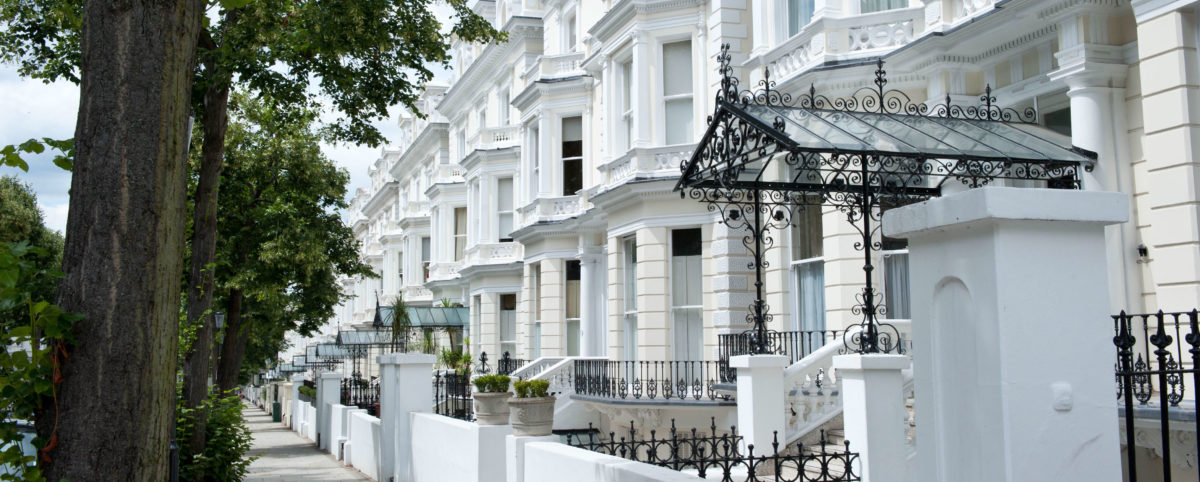
In tandem with just about everywhere those figures dipped in the 2008 crash. My point being that, provided you can afford to outlast any short-term swings, history suggests you should come out ahead in the long run. Note that I say “should” not definitely “will”.
Much depends on your circumstances. For example, if you are looking for a long-term investment, to date the UK property market is sound.
However, you might be in what I call the “parents helping their student children” situation. You know the sort of thing. You are looking to help your children with their accommodation while they study in the UK. Lots of people do it. Buy a property, then three or four years down the line when their studies are complete the parents look to sell it again. Their kids avoid paying large rents and maybe even make a few pounds’ profit by sub-letting; the parents unload the property after four years probably for a profit (provided it is not in one of the cyclical market dips). Suits everyone, provided money is not tight.
Of the top 20 universities in the UK for admitting foreign students, six of them are in the most expensive part of Britain – London. The English capital is the third most expensive city in the world for someone to study in according to student.com. As an aside, the top two are in America – New York and Boston.
The largest number of non-EU foreign students studying in the UK in 2016-17 (the latest figures I could unearth) came from China with 95,090. The rest of the top 10 (in order) was Malaysia, the USA, India, Hong Kong, Nigeria, Saudi Arabia, Singapore, Thailand (6,175) with Canada completing the list.
The average weekly student rent spend worldwide is US$218 (about £170; Bt7,300). For London the figure is US$359 (£310; Bt13,330). Three university cities in the UK feature in a top 10 list of the most affordable cities anywhere for students – Sunderland with an average weekly rent of US$123 (£96; Bt4,128), Dundee (US$122) and Hull (UK$111). The other seven are all in the US.
If it is not an investment or a “helping your kids” purchase it is, of course, perfectly possible that you wish to buy a UK property because you would actually like to live in it – well, for part of the time at least.
If you are a “I like city X and want to be able to visit it often” type then, to some extent, the figures are a little more secondary. If it’s a lifestyle as opposed to an investment purchase, or maybe a combination of the two, that takes some of the pressure out of the numbers.
If you are getting “value” out of a property by virtue of the fact that you live in it then return on investment (ROI) takes something of a back seat. But it doesn’t totally disappear from the picture.
While researching this I noticed that a company named London Heights International was launching an office in Bangkok. They obviously believe that monied Thais are potentially a good market.
Their publicity material centred on two developments – one in Birmingham, England’s second city, the other in Blackpool which, before jet travel became very affordable back in the 1960s, was one of the UK’s leading places to go on holiday.
The Birmingham property comprises one- and two-bedroom apartments with a starting price of £139,988 (approximately Bt6m). The one in Blackpool has a more affordable start price of £35,800 (Bt1.53m). Blackpool is not a university town but it does still attract large numbers of tourists. London Heights claims the seaside property will provide an eight percent rental income for five years and it says the first year’s rental income will be paid in advance. Take advice!
As is the case anywhere on the map, prices in the UK can differ wildly in areas just minutes apart. In London, for example, a one-bedroom flat on the Old Kent Road (my former stomping ground and the cheapest “property” on the original Monopoly board game) would go for £275,000. The Old Kent Road is far from meriting being described as a great area, but it is a shortish bus ride from Central London.
Contrast that with Covent Garden which is very much in Central London and right in the heart of some great restaurants and close to many leading theatres. A one-bedroom flat there would fetch £500,000 – almost double. To rent a flat in Covent Garden would see you getting no change out of £2,000 each month.
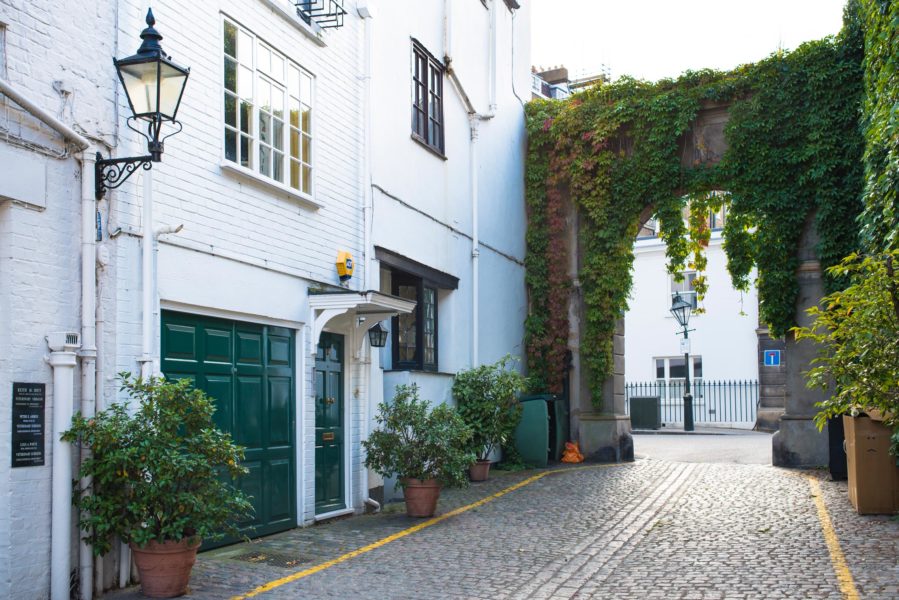
Is the UK worth investing in for Thais?
I would come out with an, admittedly biased, answer “yes”. In addition to the indisputable fact that property prices continue to rise, there is also the question of stability. The last coup in England – if it could be called that – was in the 1600s. Which compares quite favourably with another capital city I could name!
Also – and there are times many Brits regret this – there are few restrictions to bar foreigners from owning property in the UK. Certainly nothing along the lines of the barriers to ownership the Brits encounter in Thailand.
Which country has got it right in relation to allowing foreigners to own property? I’ll leave you to formulate your own views.
A final few thoughts. Eighteen months ago the Bangkok Post ran an article by Chotika Tungsirisurp, senior manager, Research and Consulting at CBRE Thailand. In it she spoke about the quality of life in London, noting that it has 66 Michelin-starred restaurants, 241 professional theatres and more than 200 museums and galleries, in addition to five premier league football clubs (now six after the promotion of Fulham). I guess the latter is a consideration if you are going to live in the property – and like football!
She said:
“The city is also one of the world’s ‘greenest’ for its size, with more than 40% of the total area being open green space, beating New York, Berlin, Paris (the other city in A Tale of Two Cities) and Amsterdam.
And, underpinning my earlier remarks, she added: “London property also represents a comparatively secure form of investment, with unrestricted foreign ownership underpinned by a robust legal framework. Developments are offered for sale with building construction guarantees, backed by an independent regulator, and leading developers typically hold strong track records of completing projects within advertised timeframes.
Tungsirisurp’s article concludes:
“Within the context of the weak pound, such a climate presents opportunities for Thai buyers to explore the London residential market.”
A few months later the JLL property consultancy (Jones Lang LaSalle) drew attention to Manchester in the north-west of England as a possible sound destination for Thai investors. Maarten Prins, JLL head of International Residential Property Services, said:
“Connectivity by all modes of transportation is outstanding. Manchester Airport is the third busiest airport in the UK (many flights just one stop from Thailand via leading Middle Eastern airlines), after London Heathrow and Gatwick, with flights to around 200 destinations around the world and was used by 25 million passengers in 2016. The city also has an extensive and well-connected road and railroad network.”
Prins added:
“The city’s strong economic fundamentals have resulted in Manchester having one of the most active residential markets in the UK, where capital growth has outperformed regional and national averages. The city centre population has risen fivefold in just 15 years from 10,000 in 2000 to more than 50,000 in 2016 and is expected to be 80,000 by 2024 – the fastest growing city centre population in the UK.
“This is expected to further boost capital growth and rental growth in the residential sector, with JLL forecasts of 28.2% – the highest in the UK – and 20.5% respectively between 2017 and 2021.”
He doesn’t mention the presence of two leading football teams in the city. But I will!
*While I was researching this article the UK Prime Minister released a draft of the proposed Brexit deal. Within 24 hours, sterling had dipped from 42.86 baht to the pound to 42.05 which was approaching its lowest point in the year. That was just on the back of the draft’s contents – no real indication of its acceptance or otherwise. Given it takes a few days to print and distribute this magazine who knows where the pound will be in relation to the baht when you read this! A week may “be a long time in politics” but, when it comes to the money markets, it only takes minutes for major swings to surface. Remember, swings go both ways!
By Dave Buckley








